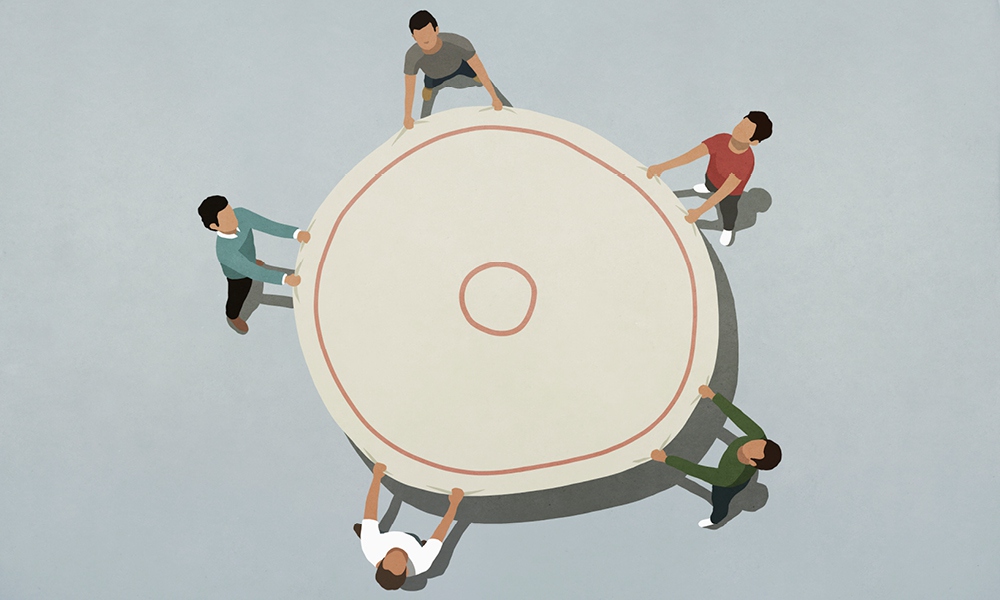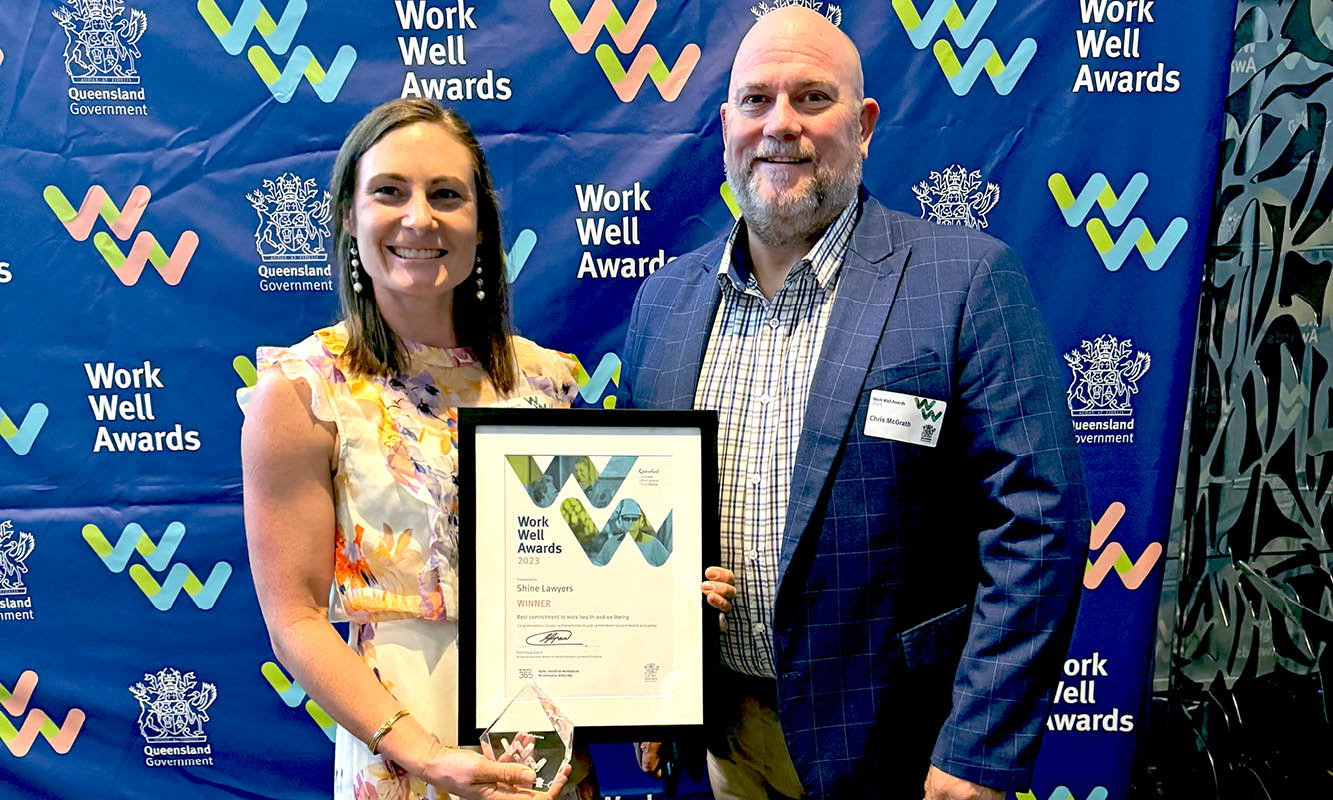Lauren Phelps is the Legal Workplace Culture Consultant for Queensland Law Society. Having spent 14 years in private practice, she understands the day-to-day stresses that come with being a lawyer and running a law firm.
Lauren has experienced first-hand the grief of losing a client tragically and unexpectedly.
If you google the phrase ‘lawyer death of a client’ the first two pages of results will help you if you are looking for answers on ‘what to do if your client dies during litigation’ or ‘confidentiality after death’ or ‘questions of succession’ or ‘probate’.
It is not until page 6 that a sprinkling of articles begin to emerge such as ‘when therapists mourn’ and ‘coping with client’s death resources for psychologists’. By page 14, there is still a gaping hole, no articles or resources to be found for lawyers on how to cope with the death of a client.
The lawyer/client relationship
As lawyers, we know a lot about our clients, often representing them for years. You know very intimate details about them, their life, and their lived experiences. For lawyers working in some areas of law, you will know often the deepest, darkest secrets of your clients.
As a former criminal defence lawyer, often I did not see my client as the man or woman charged with a criminal offence. I saw them ass the young foster child who had been sexually abused, the young child who had been beaten while in youth detention, or the child whose parents were in prison and had been left to fend for themselves.
As their advocates, we offer care, support and guidance to our clients, and it not at all uncommon to develop empathy and affection for them. We often know more about their personal lives than anyone else. The lawyer-client relationship is one of sacred privilege, as people tend to share when their secrets are safely kept. Whilst we are often unqualified to act in this role, we find ourselves becoming confidants, counsellors, life coaches, parenting coaches, marriage counsellors, addiction counsellors… The list goes on.
Grief and loss
It is a unique experience when a client passes away. We cannot grieve with their family and loved ones, or, we may be sadly aware that our client did not have anyone close to him or her to grieve for them. Our own loved ones may not be able to understand our grief or appreciate the complexities of our loss in this situation. Emotions aside, we are also duty bound to maintain confidence – even if we wanted to, we could not discuss our client with anyone.
The tradition of saying good bye at a funeral or burial can often provide closure and a chance for farewell. I had the beautiful privilege on Mother’s Day this year of attending a memorial garden. I saw several families gathered at their loved one’s monument, holding the most joyous, laughter filled gathering, complete with fold-up chairs, shade tents, and BBQs. It was incredibly moving to see families celebrating such a special day as physically close to their lost loved one as possible. Participation in these sorts of grief rituals are important to humans. For lawyers, being unable to grieve in that ‘common’ way can leave us lost as to how to acknowledge the life and death of their client, and to mourn in a healthy way.
The grief of the lawyer is worthy of being acknowledged, and affirmed.
Seeking support
Seeking support from a professional, from colleagues who knew your client, or have been through a similar loss is important to appropriately grieve your loss. If you haven’t already, get yourself a psychologist that you check in with more regularly than you do your dentist. The death of a client may be the time to seek one out.
As an employer, how do you provide a safe workplace for your employee following the loss of a client?
Your employee will need to be provided with a safe space to grieve. Asking them how they wish to do that is very important, as it will show them they have your support. Acknowledging their grief, and the death, without the clinical approach of ‘what to do with the file’ or ‘were the funds in trust’ is critically important to recognising their need to mourn.
It might also be that a colleague within the organisation who has experienced something similar can provide mentorship and support.
Practise self-care
Seek help – this is a unique occurrence that requires a unique approach. Seeking out professional help can provide you with the tools understand this type of grief, and to practice self-care. That care may be in the form of meditation, journaling, exercise, and time away from work.
Ways to acknowledge the death
As it is very unlikely that you will grieve in the traditional way, other methods that may assist in acknowledging your client’s death, and your grief could be:
- Journaling
- Visiting the memorial site
- Creating a piece of art work (or having something commissioned) dedicated to your client
- Writing your client a letter.
Know the research, or do some reading on the topic
Whilst there is very little information out there for lawyers on this topic, it may assist in having some data to put things into perspective, particularly if your client died as a result of suicide.
Many lawyers are drawn to the law to advise people, guide them, and help them to make decisions. Sadly, loss is an inevitable part of life that lawyers are not immune from. Acknowledging your grief, and taking care of yourself will build your strength, and empower you to bring your best self (including all of the hats that you wear as a lawyer) for your current and future clients.














One Response
This is so true, having had more than a few clients die in various ways, in horrific, sad and very distressing circumstances. It is very difficult sometimes to deal with death of a client, but being aware of access to various counselling and other services is imperative to reach out to and get help if you are not coping. Working in family law you see some of the worst situations but helping your clients navigate through the “system” and reach the other end of resolution and settlement and finalization of their dispute is the mot rewarding part of the job, and keeps you going.